Star Struck: Emmy Voters Have An Abundance Of Celebrity-Focused Documentaries To Cast Their Ballots For
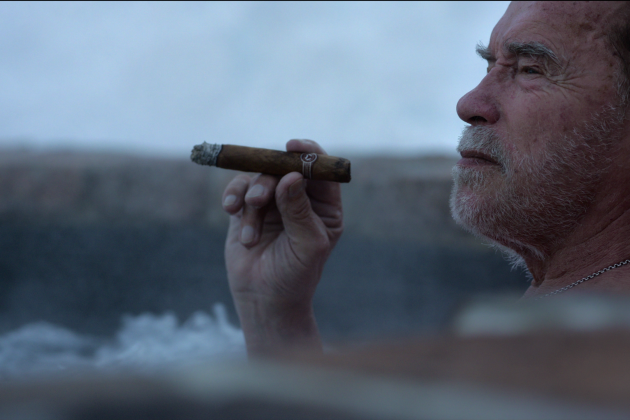
One was born with partial facial paralysis. The other grew up speaking Austrian-accented German, eventually transitioning to German-accented English.
If you were trying to concoct the archetypal Hollywood star in a lab, it wouldn’t be Sylvester Stallone or Arnold Schwarzenegger. Yet for more than 20 years they dominated the box office, their wattage rivaled only by the klieg lights of a movie premiere.
More from Deadline
The improbable origins and unlikely rise of these two action icons are told in a couple of documentaries in Emmy contention: the feature Sly, directed by Thom Zimny, and the docuseries Arnold, directed by Lesley Chilcott.
“[EP] Allen Hughes brought the Arnold project to me,” Chilcott explains. “At first I said, ‘What don’t we already know?’ And he said, ‘I said the same thing myself.’ But then I started thinking about how weird and unusual it is that Arnold’s been successful in so many completely different areas.” That would be bodybuilding, acting, and governating — as the chief executive of California (or Cal-LEE-fornia, as he famously pronounces it) from 2003-2011.
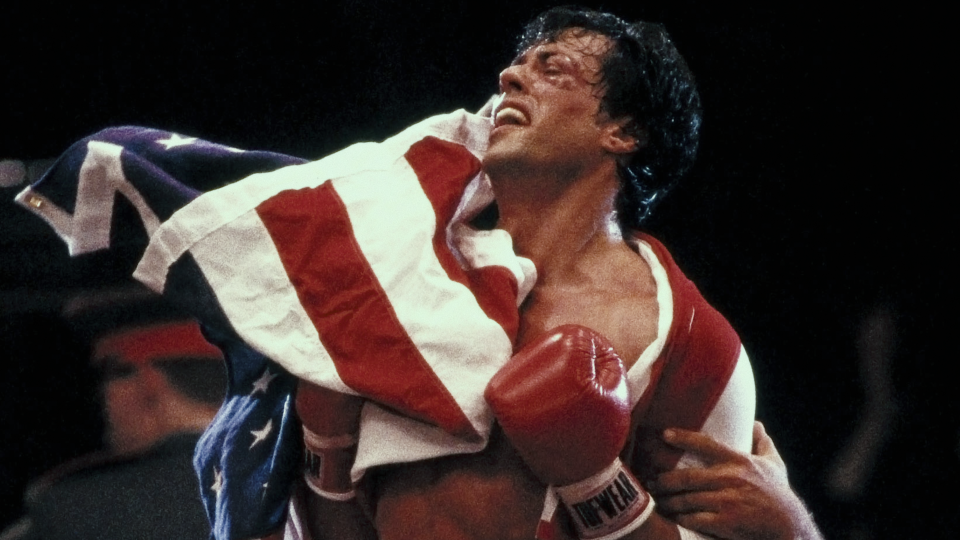
For his portrait of Stallone, Zimny says, “I didn’t want to just go down a traditional road where we cover every beat of his life and every film and every chapter. I wanted to really find the details that make up the man, the family man, the artist, and give you a sense of Sly that goes beyond just the iconic portrayal, beyond being a movie star, and get to the core of his childhood, his expression as a young artist in New York and his journey.”
Sly and Arnold, both Netflix titles, are part of a slew of celebrity-oriented docs with Emmy ambitions. The lengthy list extends to Steve! (Martin): A Documentary in 2 Pieces and The Super Models (both from Apple TV+); In Restless Dreams: The Music of Paul Simon from MGM+; Kings from Queens: The Run DMC Story from Peacock, and Maxine’s Baby: The Tyler Perry Story from Amazon MGM Studios. Oh, and you can kick in Beckham too, the four-part Netflix series about the English footballer.
The plethora of star-driven content in the Emmy hunt reflects a reality in the documentary field: it’s what the streaming platforms want. Oscar-winning filmmaker Morgan Neville says, only half-joking, “People who buy documentaries like celebrity subjects because they feel like they can get an audience for it without having to work too hard.”
Neville directed the Steve Martin documentary, dividing it into two separate films — part 1 an archival-focused examination of the comedian’s upbringing and standup career, and part 2 a verité-style look at Martin’s life and career now. For Neville and filmmakers of his elite level, the challenge of working in the celebrity doc sphere is to unlock an original approach. To create something of substance.
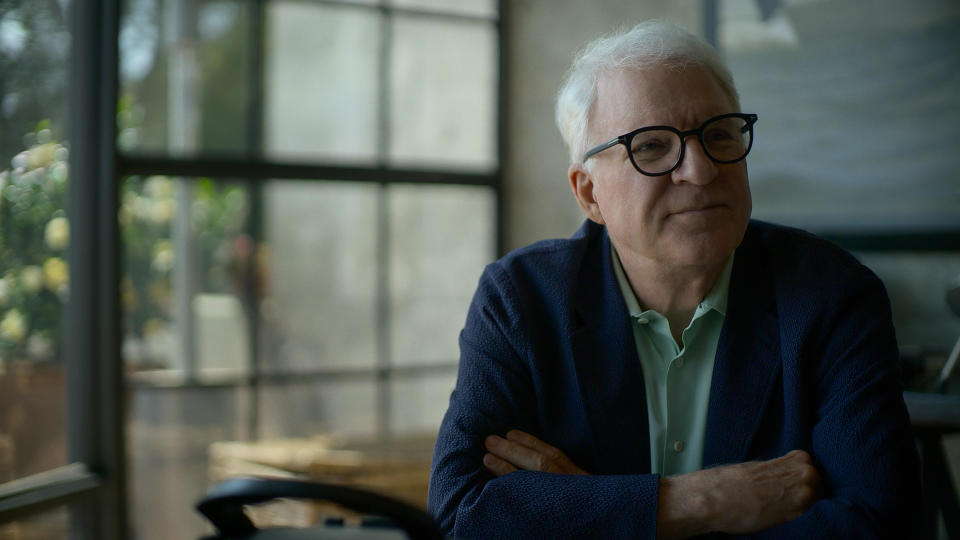
“Even if I make a film about a famous person, the film is not about celebrity,” Neville says. “It’s about a person who’s dealing with whatever their life has presented for them. And in fact, I think the three least interesting things about making [movies] about celebrities are sex, drugs and fame, because those stories are all the same. Then the point becomes, well, what makes this person unique? That’s what I’m interested in.”
For his narrative about Stallone, Zimny fastened onto a recurring theme in his protagonist’s life — rejection. The film delves into Stallone’s difficult relationship with a father who undermined him and the icy reception he got from Hollywood when he was trying to make it in the 1970s. Stallone only broke through by writing the script for Rocky, a role he insisted on playing himself against the wishes of the movie industry.
“He wrote from his own pen a character called Rocky who could live out the dreams that he himself wasn’t experiencing [in real life], could live out the connection with family and success, a sense of hope,” Zimny says. “And that became the theme and the structure of the documentary, to show how Sly took his life experiences, put it into the arc, and had that translate to these cinematic and iconic characters in films like Rocky and Rambo and The Expendables, where you could tap into their journey and their triumphs and their desire to be more than what the world is willing to give them and go beyond the rejection.”
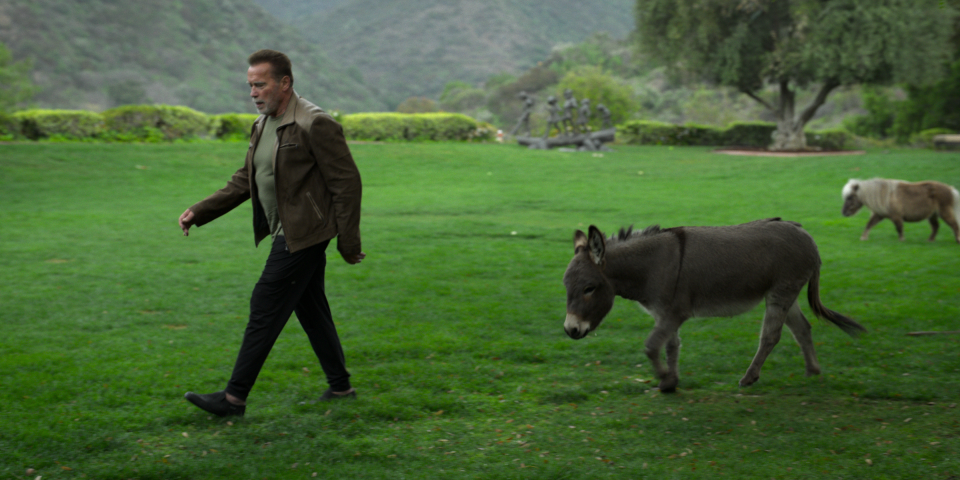
In Arnold, Chilcott shows how Schwarzenegger overcame a childhood of abuse. His father dismissed his ambitions (Arnold’s older brother Meinhard was the apple of his parents’ eye), but Schwarzenegger ignored the naysaying and doggedly pursued an outsized vision of success.
“He had this dream… He wanted to go from this little town in Austria to America. [The series] came at a time when I think we all needed a new ‘the American dream is still possible’ type of story,” Chilcott observes. “Other people would say he’s an unrealistic idealist to think that he could be a world champion bodybuilder or to think he could be one of the highest paid actors with that accent. That inspirational layer… is very interesting to me as a filmmaker.”
The Super Models, directed by Larissa Bills and Oscar-winning filmmaker Roger Ross Williams, not only documents the ascent of Naomi Campbell, Christy Turlington, Cindy Crawford and Linda Evangelista, but a slice of cultural history in the ’80s and ’90s. “It was a time when music and art and fashion were all coming together,” Williams says. “They were the first influencers, way before there were cell phones or anything.”
Any documentary, especially one about a celebrity, hinges on access. How much time can you get with the person, and how deep can you go? Oscar winner Alex Gibney, director of In Restless Dreams: The Music of Paul Simon, got an invitation from Simon himself.
“He reached out to me; he had seen the Sinatra film I made and wondered if I might be interested in doing a film about his overall career. And of course, I was interested in that,” Gibney recalls. “But the gift was when he called me up and said, ‘I’m making this new album. Would you like to come watch me make it?’ That was a gift because it was him in the present, working on something. And also — because the album is a meditation on belief and life and death — it seemed appropriate to move back and forth in time to earlier moments in his career.”
Maxine’s Baby: The Tyler Perry Story began less as a formal documentary project than as videos shot by co-director Gelila Bekele, who was Perry’s romantic partner for many years. “I had the privilege of having a front row seat,” Bekele says. “I saw this man becoming busier than ever… and I wanted to just document it for archive. I realized there’s a huge chunk of missing history, particularly in the African American community, and the contribution to American history that Tyler is making.”
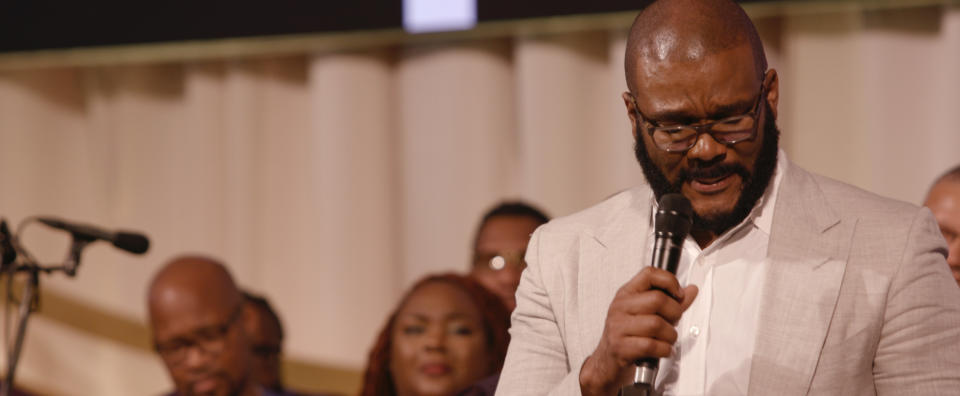
Perry is not a producer of the documentary about him. Nor is Schwarzenegger for Arnold, nor Steve Martin for the Morgan Neville doc. The artistic success of a celebrity-themed film often depends on the star’s willingness to forego creative control.
“Steve and I were in alignment,” Neville says. “He said, ‘You’re a filmmaker. I chose you for a reason to collaborate on this. You do what you do, and I’ll be me.’”
Chilcott notes, “It was important for me with the type of films that I do that [Schwarzenegger] didn’t have approval rights and he wasn’t a producer. That said, for documentary filmmakers, whatever the path they choose for whatever reason, there is some sort of trade off for access — ‘You get to come to my house, I get to tell you these stories.’ So, you have to do whatever boundaries are comfortable for you.”
“The dirty little secret is that even if you have control of your film, you still want and maybe even need the subject to be happy with it,” Neville adds. “I can think of one or two cases where people have made films with creative control and the subject wasn’t happy and the film imploded. For instance, if you’re making a music film, you can have all the creative control you want, but at the end of the day, they hold the control over the music.”
Sylvester Stallone is an executive producer of Sly, but Zimny says there were no boundaries on what he could explore in their interviews. “Sly gave me the greatest gift as a filmmaker, he gave me trust,” he says. “In the space of the room, I had no restrictions.”
Members of the Oscar documentary branch displayed some reluctance to fully embrace celebrity-themed documentaries this past year. They shortlisted Davis Guggenheim’s Still: A Michael J. Fox Movie and Matthew Heineman’s American Symphony, about Grammy-winning musician Jon Batiste, but when the Oscar nominations were announced, neither of those films made the cut.
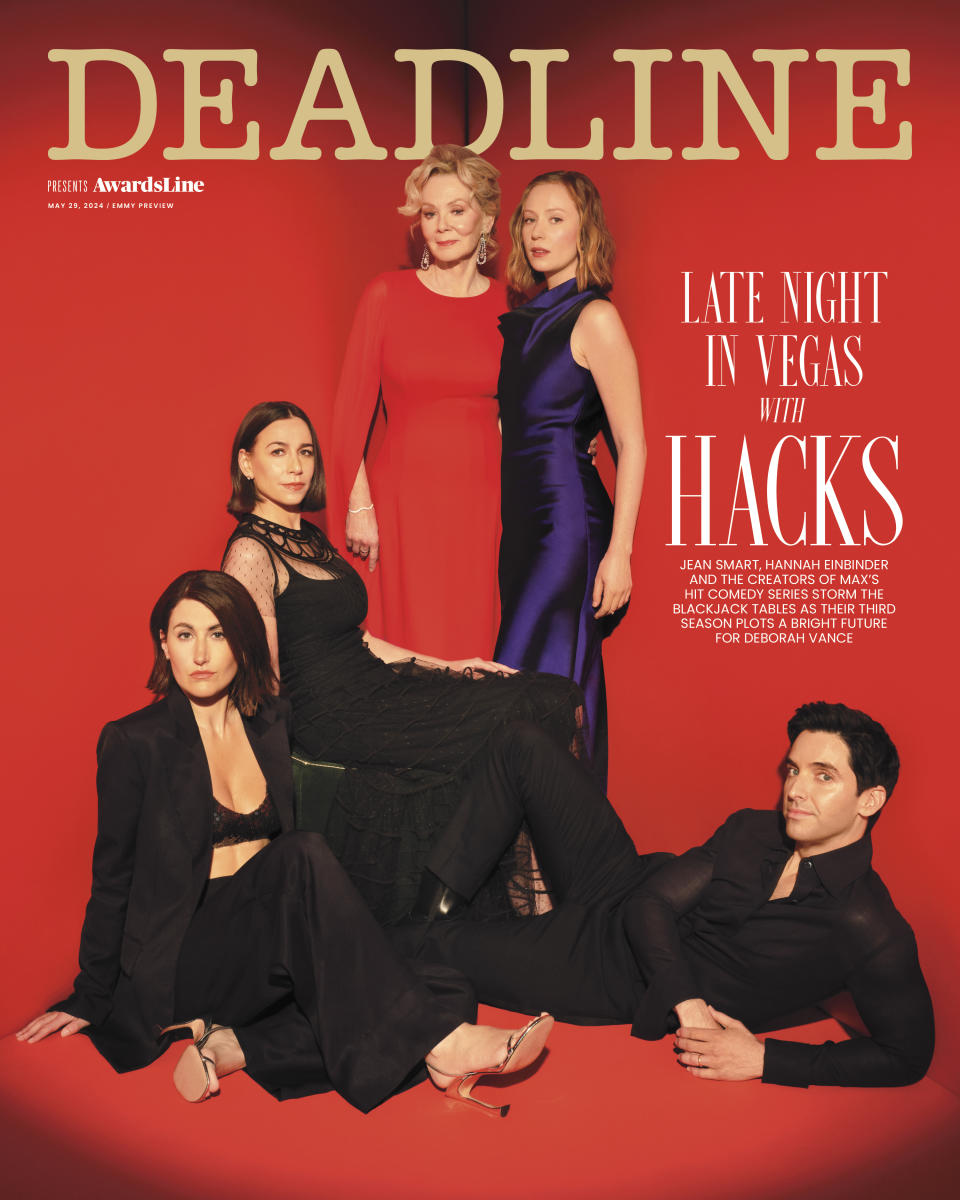
Emmy voters, however, haven’t spurned the genre. Frank Marshall’s The Bee Gees: How Can You Mend a Broken Heart earned six Emmy nominations in 2021, claiming one. Last year, Emmy nominations went to Pamela, A Love Story, about Baywatch beauty Pamela Anderson; Being Mary Tyler Moore; Judy Blume Forever, about the famed author, and Pretty Baby: Brooke Shields. Still: A Michael J. Fox Movie won four Emmys at the strike-postponed ceremony, among them Outstanding Documentary or Nonfiction Special and Outstanding Directing for Guggenheim’s work.
That could spell good news for directors of this year’s crop of starry-eyed documentaries. If Emmy recognition comes their way, it would be acknowledgement that they threaded a creative needle — finding something fresh to say about a very well-known person.
“It’s always the story behind the story,” Chilcott says. “And then there has to be a willingness to honestly talk about the controversies without making them salacious or without blowing them out of proportion, because nobody has a perfect situation.”
Best of Deadline
2024 Premiere Dates For New & Returning Series On Broadcast, Cable & Streaming
'Knives Out 3': Everything We Know About The Second Rian Johnson Sequel
Hollywood & Media Deaths In 2024: Photo Gallery & Obituaries
Sign up for Deadline's Newsletter. For the latest news, follow us on Facebook, Twitter, and Instagram.


